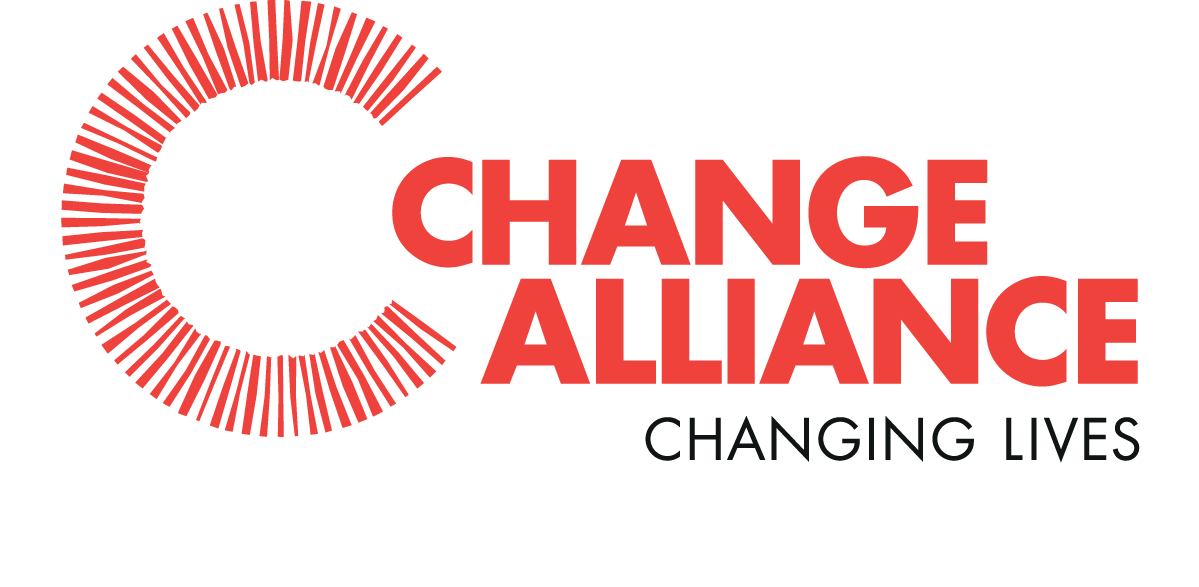The vertical recognises the role, participation and contribution of people from across race, gender, abilities and sexual orientation for an equitable and just world.
Change Alliance, as a social enterprise, will work with government, international development agencies, civil society organisations, think tanks, networks of stakeholders and private sector in programmes and initiatives focused to strengthen ongoing efforts and addressing gaps in this area.
Our projects give thrust to working with the marginalised and vulnerable populations in order enable access to programmes, rights, entitlements and socio-economic advancements amongst the disadvantaged people in all their forms. We seek to apply the lens of intersectionality in our understanding of social inequalities and embed this factor in the design of programmes and interventions. Our approach is to work collaboratively with the stakeholders to widening the space and opportunities for socially and economically disadvantaged groups.
